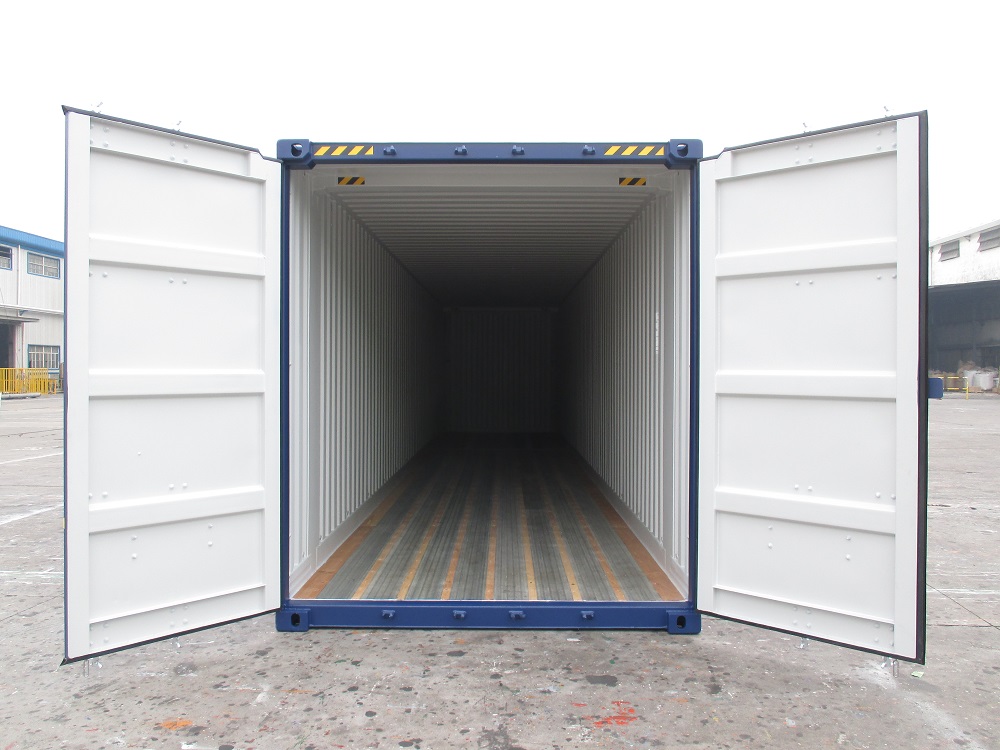Container floor moment
29th June 2016

Leading multimodal operator Samskip is seeking to strengthen its competitive position within the European transportation market by introducing a new type of composite container flooring. Manufactured out of fibre reinforced plastic (FRP), the flooring promises to deliver a number of significant environmental and operational benefits.
Samskip has developed the new flooring system in partnership with Guangdong-based CIMC ECO New Material Development Co. Ltd. To date it has been used within a series of around 500 45ft dry cargo containers, delivered since November 2015. Another batch of a similar size is due to be manufactured with the FRP flooring in the second half of 2016.
Danny de Koning, Samskip Technical Manager, says, After testing 12 units thoroughly in our fleet since November 2014, we can now say that we are extremely pleased with the new series. Our customers are increasingly looking for environmentally-friendly, sustainable solutions and the new containers with FRP flooring certainly tick that particular box, which will give us an advantage over our competitors.
The new composite flooring has strong green credentials, as unlike wooden floors, it does not cause deforestation. Furthermore, being lighter in weight, the material further helps increase payload capacity, while the manufacturing process does not involve the release of Volatile Organic Compounds (VOCs), which can be harmful to health and the environment. The FRP flooring is also manufactured without the need for high energy consuming processes, as would be the case with some other flooring types.
Extremely durable, the flooring is expected to have a 25-year lifetime, compared with 8-10 years for traditional wooden floors, reducing the need for replacement during the containers own life expectancy. Once used, it can be recycled for various uses, such as modular housing units.
As well as offering a sustainable flooring material, FRP is much stronger compared with traditional steel, aluminium or wooden floors. Using FRP with a resin that serves as a bonding agent makes the container floors flexible, without any risk of permanent deformation, says Steven Zhao, vice president, CIMC ECO New Material Development Co. Ltd. This means that they are particularly suitable for high density but sensitive cargoes, such as paper reels, and heavy cargo items generally.

